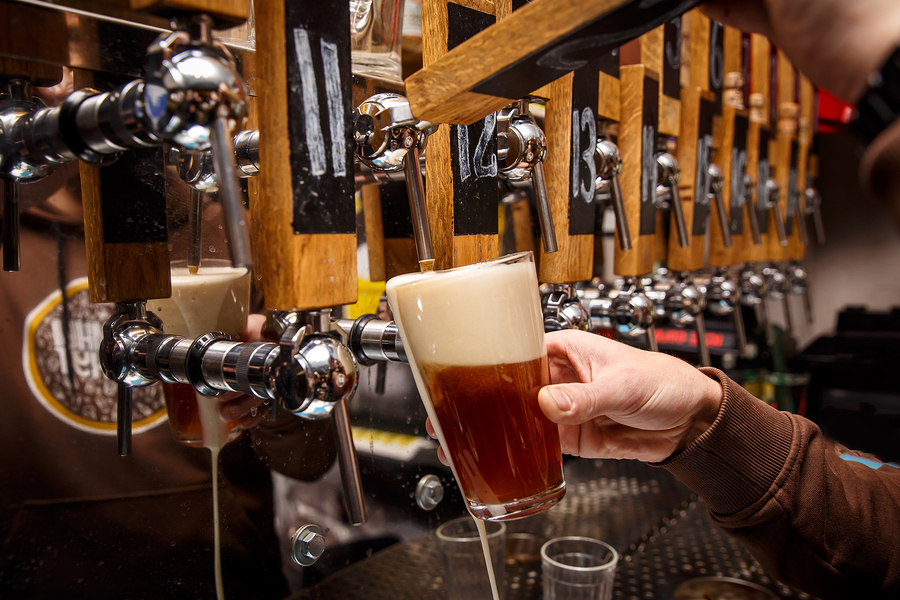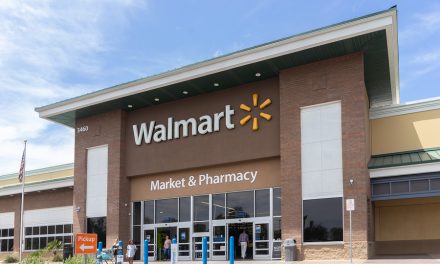A new report by the public-interest advocacy group U.S. PIRG has found that “tests of five wines and 15 beers, including organic ones, found traces of the controversial weed killer glyphosate in 19 out of the 20.”1 This included brands like Coors Light, Miller Lite, Budweiser, Corona, Heineken, Guinness, Stella Artois, and Samuel Adams.
While the levels found were “not necessarily dangerous” (according to U.S. PIRG) this is still very concerning.
Spokespeople for the Beer Institute, the Wine Institute and a toxicologist for Bayer all droned on about how much someone would have to drink in one day or hour for those amounts of glyphosate to cause a problem but as always, what they fail to acknowledge is that toxicity can be cumulative. Years of drinking the highest amounts of the poison, and eating it in food, and living near a farm or spraying it in your yard- it adds up. And this is not math you want to contend with.
Some of the companies tested told USA TODAY that the presence of the herbicide in “trace amounts” was beyond their control. (Others contested the accuracy of the study.)
“Organic winery Frey Vineyards noted that, while no herbicides ‘have ever been used’ in its farming practices, ‘glyphosate in trace amounts is now found in rainwater because of its application to conventionally farmed agricultural land. Glyphosate in trace amounts can be found in many food products across the United States. We urge consumers to speak up to ban all use of glyphosate.'”
U.S. PIRG Education Fund’s Kara Cook-Schultz, who authored the study said, “No matter the efforts of brewers and vintners, we found that it is incredibly difficult to avoid the troubling reality that consumers will likely drink glyphosate at every happy hour and backyard barbecue around the country.”1
- 2018 Sutter Home Merlot was the wine with the highest concentration of glyphosate at 51.4 parts per billion (ppb)
- Tsingtao beer from Hong Kong had the highest at 49.7 ppb
- The American beer with the largest trace was Coors Light with 31.1. ppb
- 2016 Inkarri Malbec (Organic) had 5.3 ppb
- 2017 Samuel Smith Organic Lager had 5.7 ppb
Although the EPA does regulate the pesticides growers use on crops grown for human food, and sets limits on how much may remain in or on food (for glyphosate, that ranges from 0.1 parts per million for coconuts and peanuts to 400 parts per million for certain non-grass animal feed) we don’t trust them at all.
RELATED STORY:
“This PIRG report comes as the first federal case brought against the company over this issue is to begin in federal court in San Francisco“1 and there are still thousands in the pipeline.
Cook-Schultz said “With a federal court looking at the connection between Roundup and cancer today, we believe this is the perfect time to shine a spotlight on glyphosate. This chemical could prove a true risk to so many Americans’ health, and they should know that it is everywhere – including in many of their favorite drinks.”1
We could not agree more!
SOURCE:












